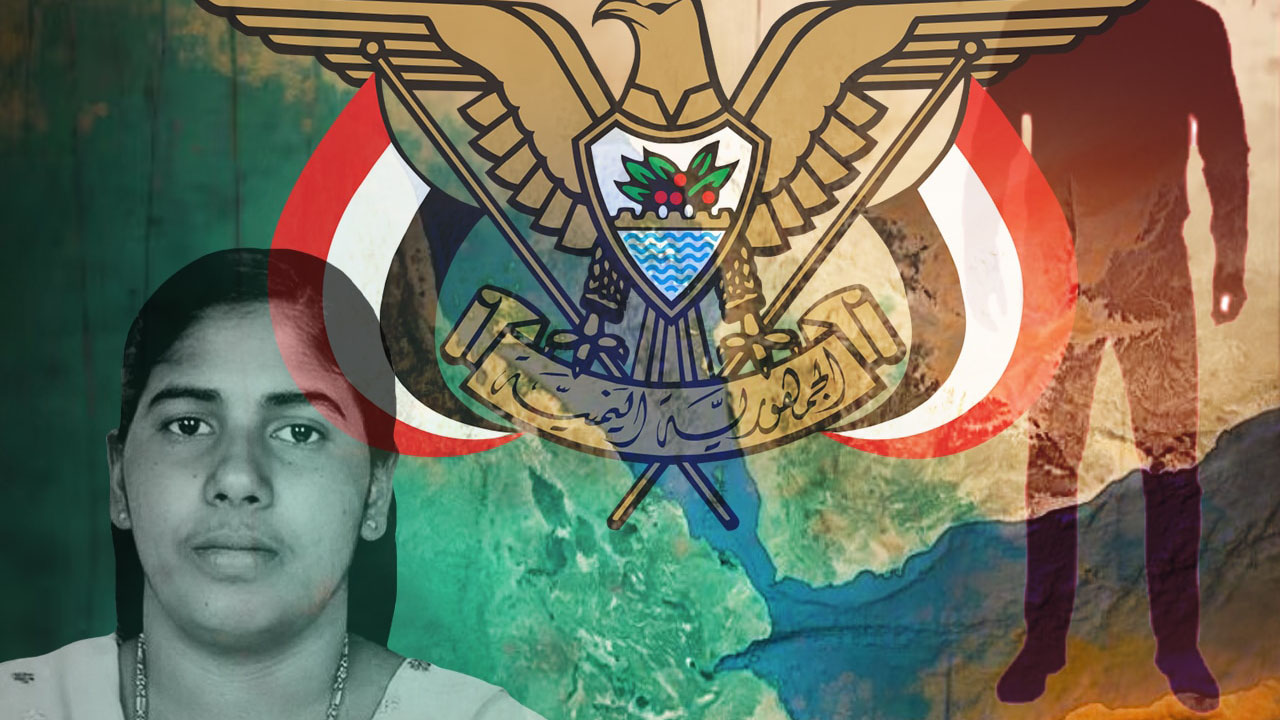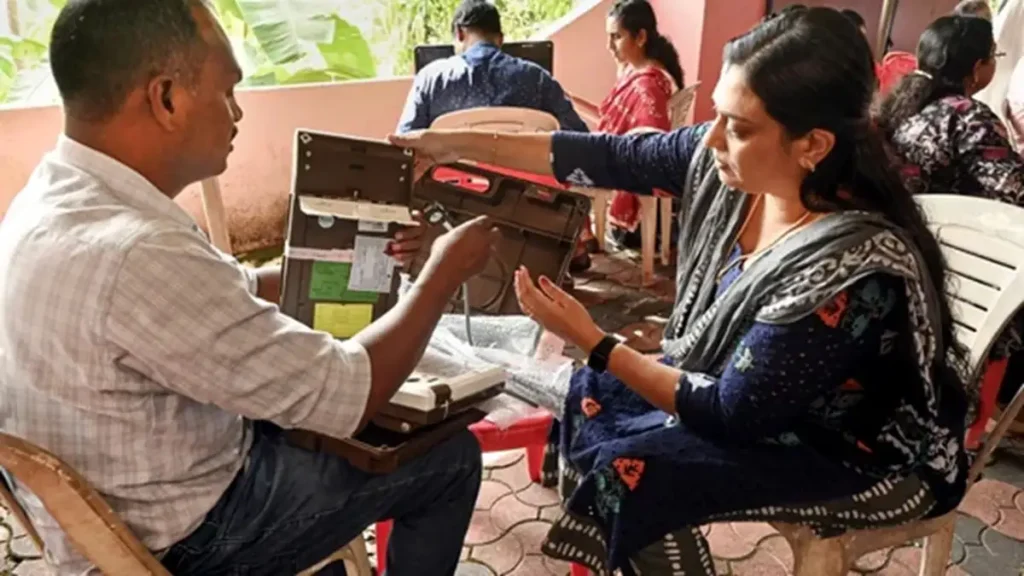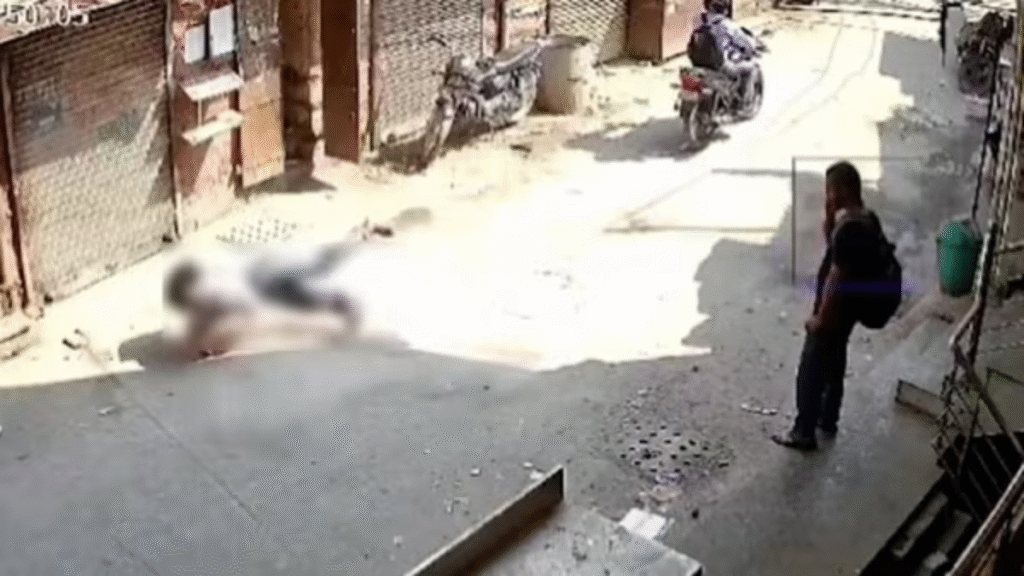Now Reading: A Glimmer of Hope Amidst Despair: Nimisha Priya’s Case and the Complexities of Pardoning Indians on Death Row Abroad
-
01
A Glimmer of Hope Amidst Despair: Nimisha Priya’s Case and the Complexities of Pardoning Indians on Death Row Abroad
A Glimmer of Hope Amidst Despair: Nimisha Priya’s Case and the Complexities of Pardoning Indians on Death Row Abroad

The fate of Nimisha Priya, an Indian nurse sentenced to death in Yemen, hangs in the balance. Convicted of the murder of a Yemeni citizen, her only hope for survival rests on obtaining a pardon from the victim’s family. This grim situation brings to light the complex and often arduous journey of securing pardons for Indians facing capital punishment in foreign lands. While each case is unique, certain common threads emerge, highlighting the crucial roles of legal processes, diplomatic efforts, community support, and at times, even financial compensation.
Nimisha Priya’s Case: A Plea for Mercy
Nimisha Priya’s case has garnered significant attention in India. Having worked in Yemen for several years, she was accused of murdering a Yemeni man under circumstances that remain disputed. Priya claims she acted in self-defense after suffering severe abuse. Following a trial, she was sentenced to death, a verdict upheld by Yemen’s highest court.
Now, with the death sentence approved by Yemen’s President, Priya’s last chance lies in securing a pardon from the victim’s family. In Yemen, like in many Islamic countries, the concept of “blood money” or “Diyat” exists. This allows the victim’s family to pardon the offender in exchange for financial compensation. Priya’s family and supporters are desperately trying to negotiate such a settlement.
Precedents and Possibilities: Learning from Past Cases
While Priya’s situation is dire, history offers examples of successful interventions in similar cases. Several Indians facing the death penalty abroad have been granted pardons through various means:
- Diplomatic Intervention: The Indian government has consistently played a crucial role in advocating for its citizens on death row. Through diplomatic channels, embassies and consulates engage with foreign governments, appealing for clemency and fair treatment. In some instances, high-level political interventions have proven decisive.
- Legal Recourse: Exhausting all legal avenues in the foreign country is paramount. This involves hiring competent lawyers, filing appeals, and presenting evidence in mitigation. Even when legal options seem limited, persistent legal challenges can buy valuable time and create opportunities for alternative solutions.
- Community Support and Advocacy: Diaspora communities and social organizations often rally behind individuals facing capital punishment. They raise awareness, garner public support, and mobilize resources for legal defense and negotiations. Media attention and public pressure can significantly influence decision-makers.
- Financial Compensation (Blood Money): In countries where it is applicable, paying blood money to the victim’s family can be a path to securing a pardon. This often involves complex negotiations and significant financial resources. Philanthropic individuals and community fundraising efforts have played a critical role in such cases.
Challenges and Complexities:
Securing a pardon for an Indian on death row abroad is fraught with challenges:
- Differing Legal Systems: Navigating foreign legal systems, which may differ significantly from India’s, presents a major hurdle. Language barriers, unfamiliar procedures, and varying standards of evidence can complicate the defense.
- Cultural and Religious Sensitivities: Understanding the cultural and religious context of the foreign country is essential. This includes respecting local customs, engaging with community leaders, and navigating sensitive issues like blood money.
- Geopolitical Factors: Diplomatic relations between India and the foreign country can influence the outcome of a case. Political tensions or strained relationships can hinder diplomatic efforts and complicate negotiations.
- Time Constraints: Death penalty cases often involve strict deadlines. Legal appeals and pardon processes must be pursued swiftly, placing immense pressure on families and legal teams.
Lessons and the Way Forward:
The cases of Indians on death row abroad offer valuable lessons:
- Prevention is Key: Raising awareness among Indian citizens traveling or working abroad about foreign laws and cultural norms is crucial. This can help prevent situations that lead to legal trouble.
- Early Intervention: Providing prompt and effective legal assistance from the outset is essential. Early intervention can significantly improve the chances of a favorable outcome.
- Strengthening Consular Services: Enhancing consular services and providing comprehensive support to Indian citizens facing legal difficulties abroad is vital. This includes legal aid, translation services, and regular communication with families.
- International Cooperation: Strengthening international cooperation on legal and human rights issues can facilitate better outcomes for individuals facing capital punishment abroad.
Final Thought
Nimisha Priya’s case highlights the precarious situation of Indians facing the death penalty in foreign countries. While the challenges are immense, history offers examples of successful interventions. A combination of legal strategies, diplomatic efforts, community support, and cultural understanding can pave the way for securing pardons. As Nimisha Priya’s fate hangs in the balance, the collective efforts of her family, legal team, the Indian government, and the community offer a glimmer of hope amidst despair










